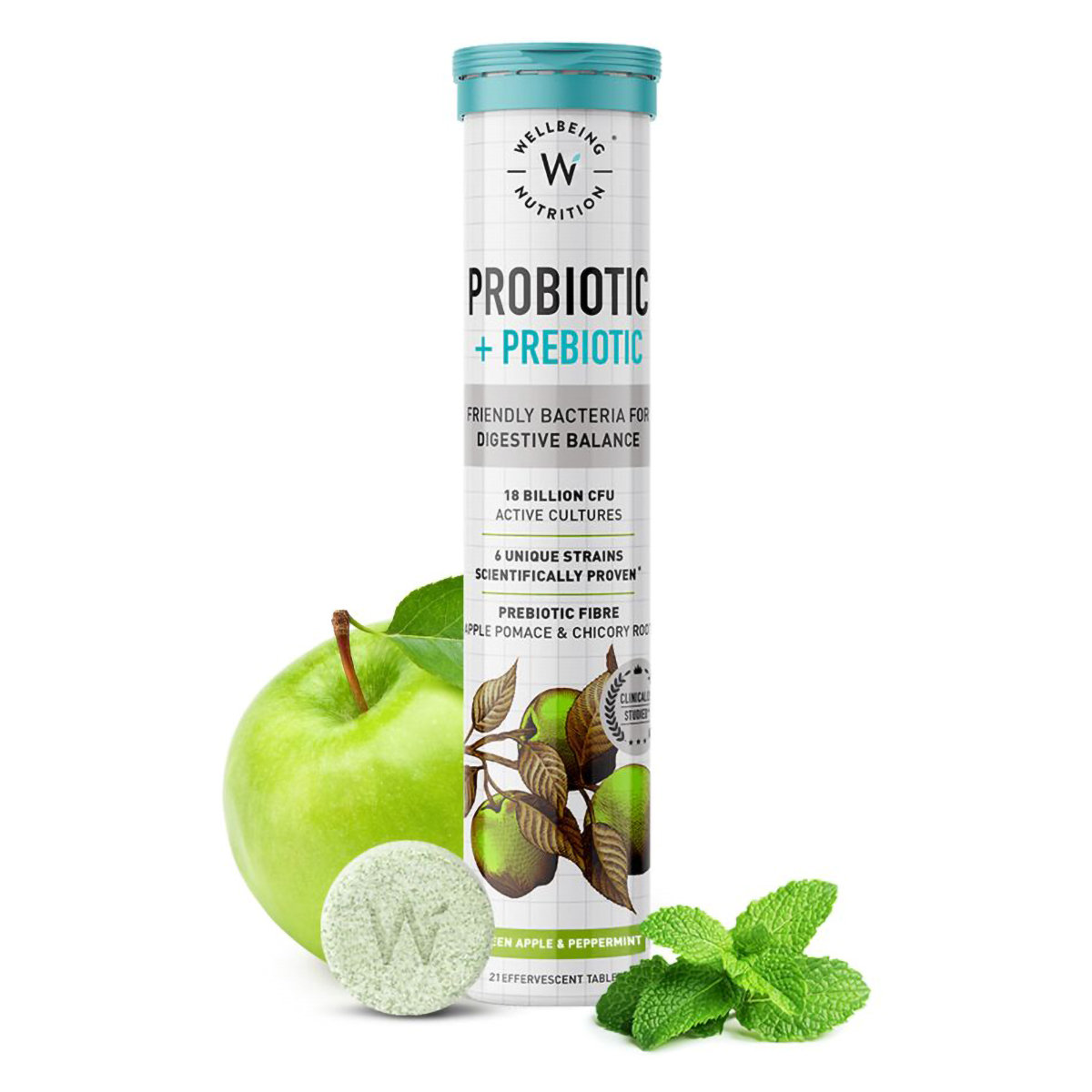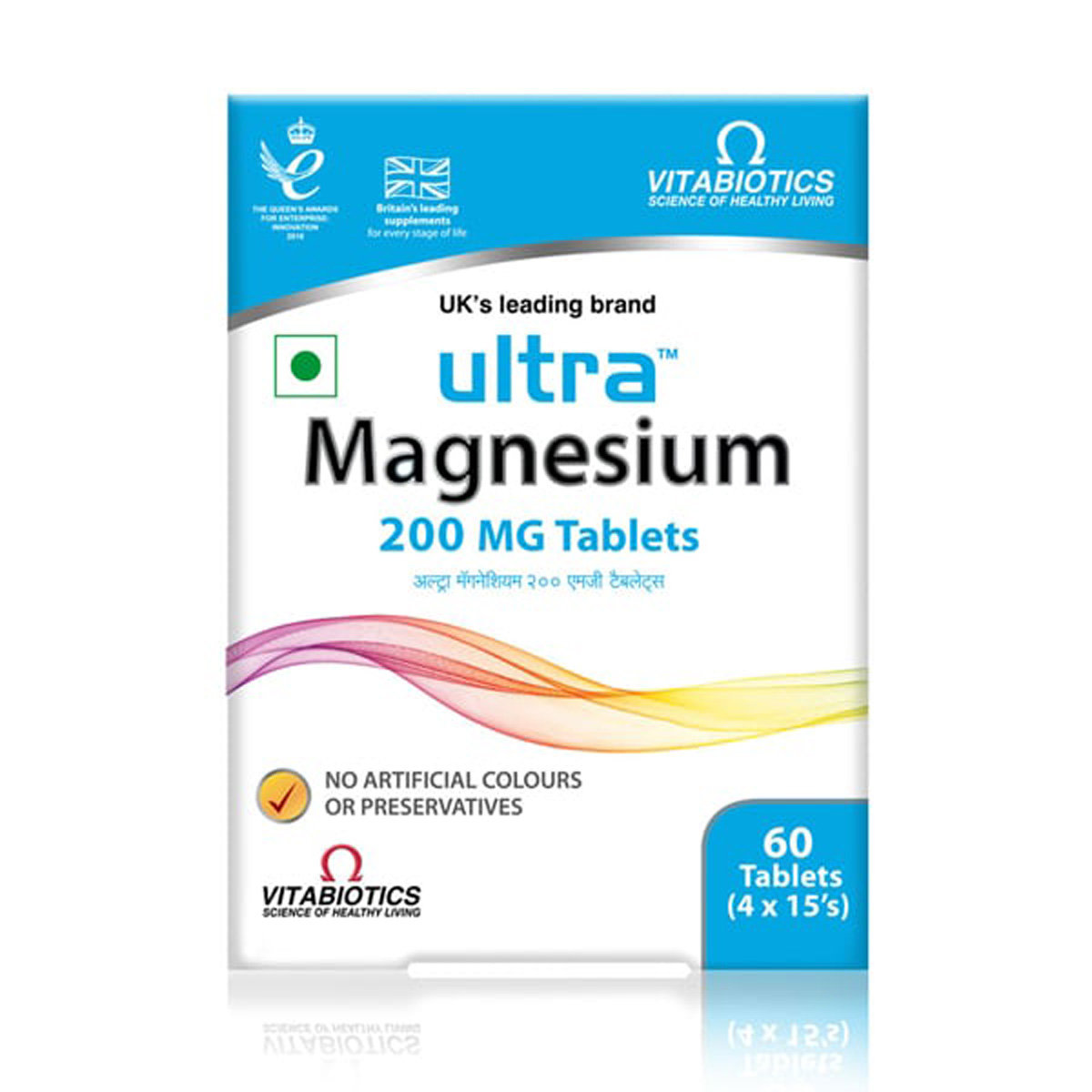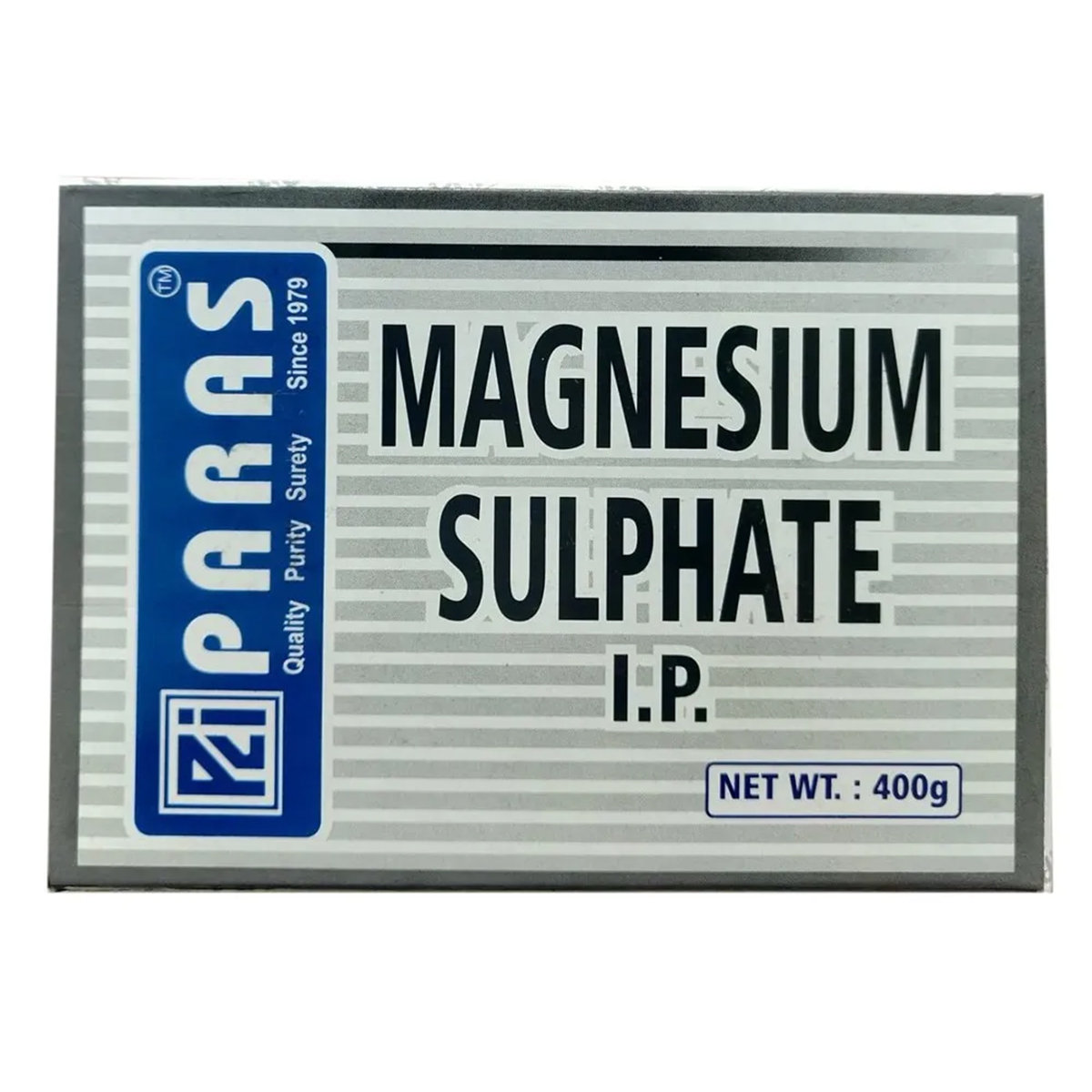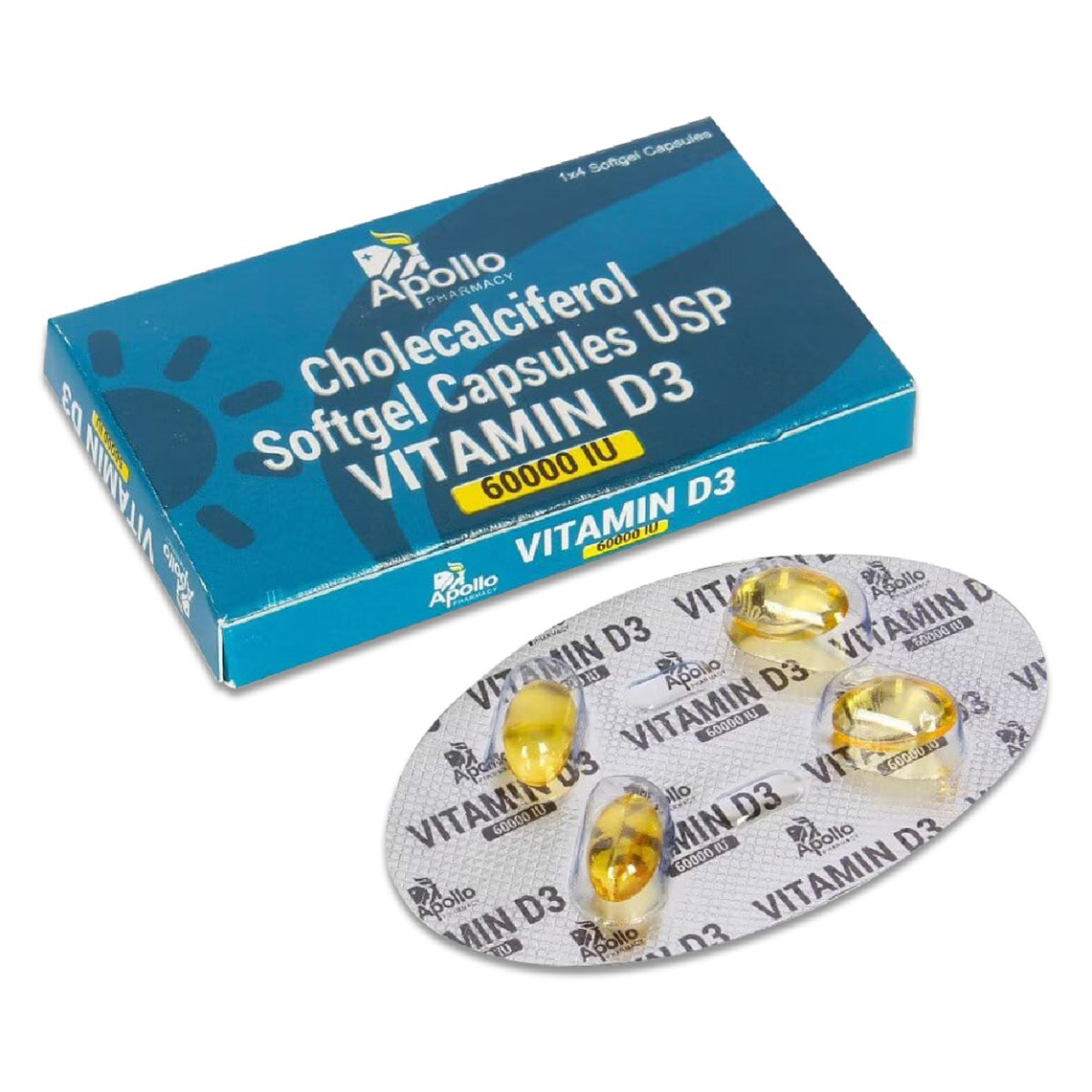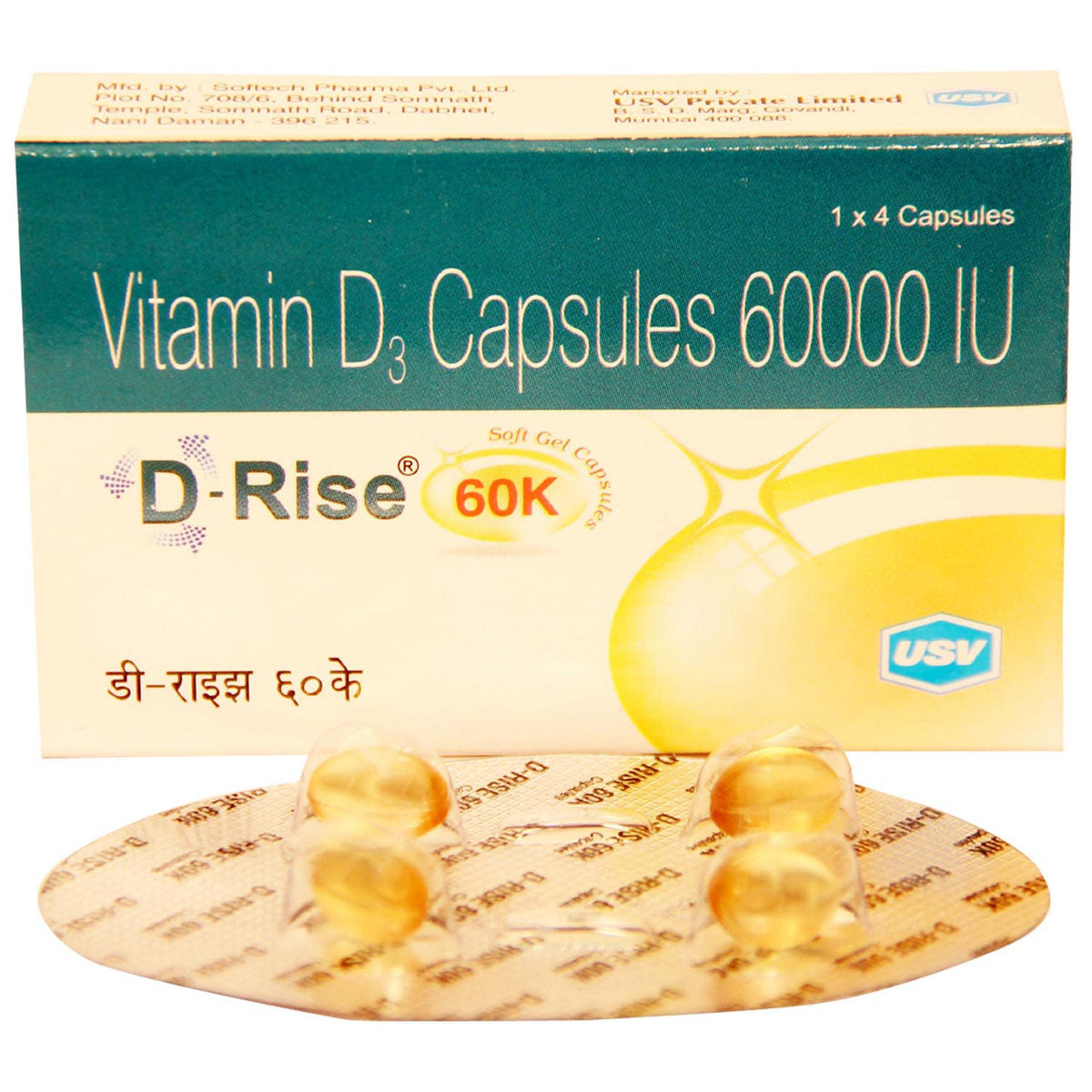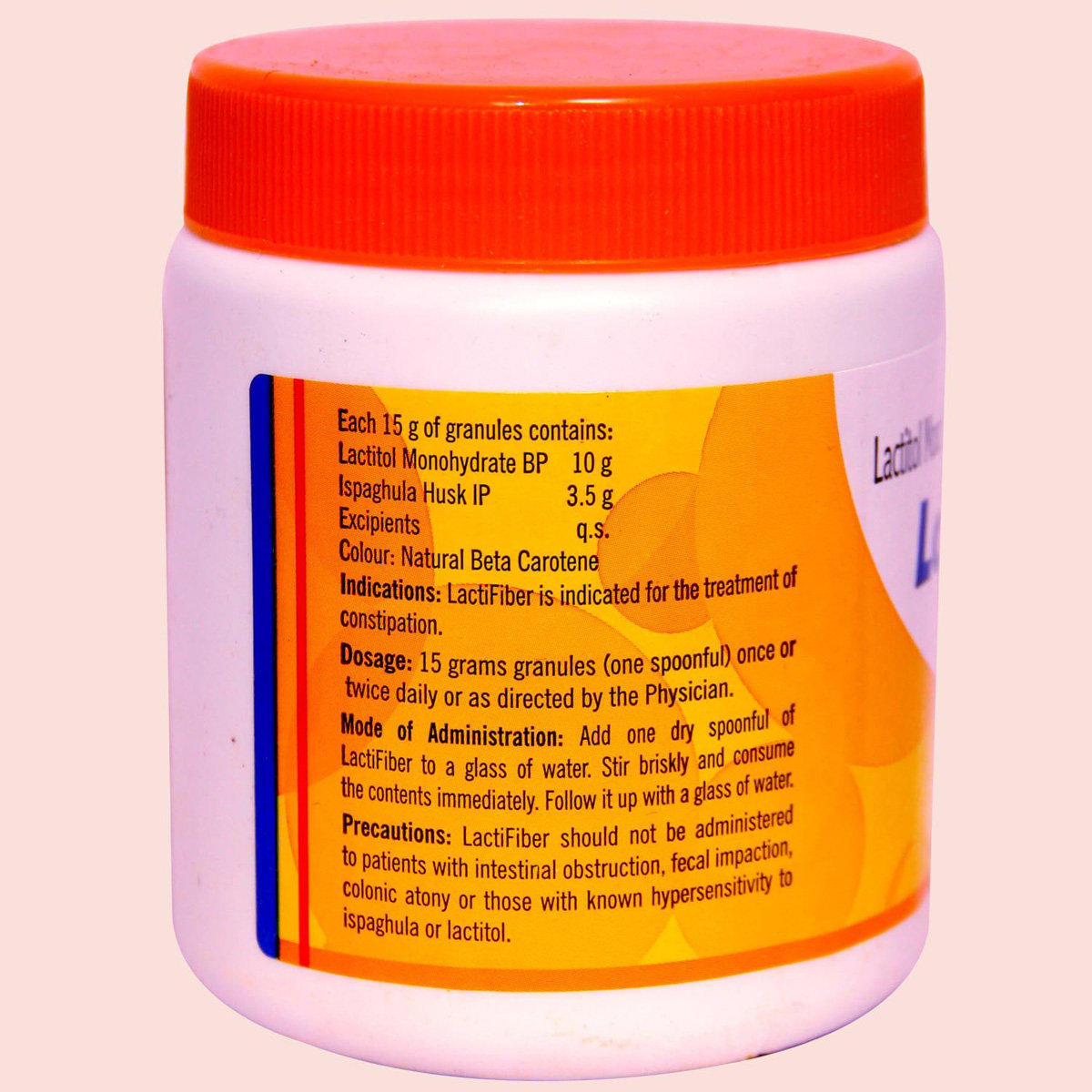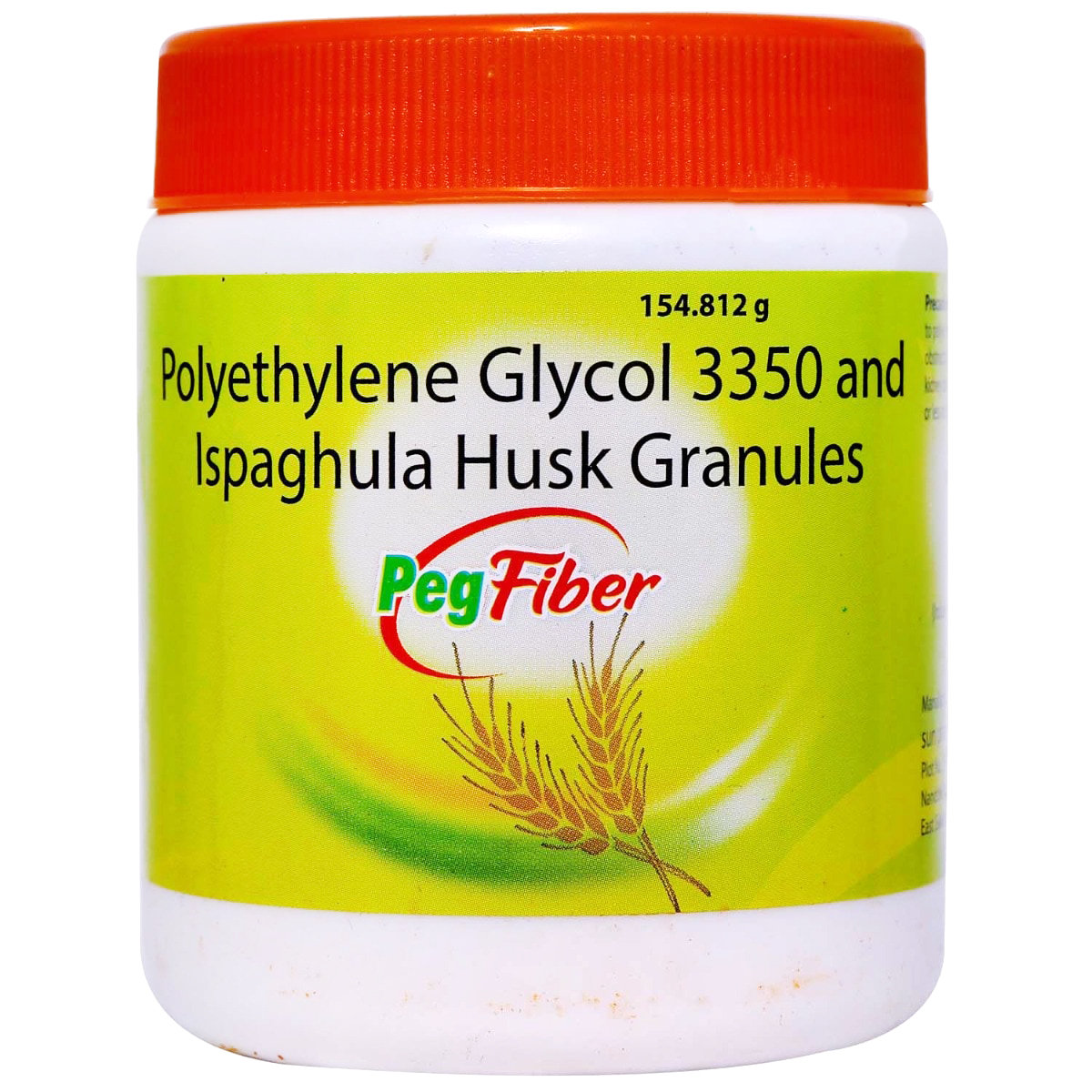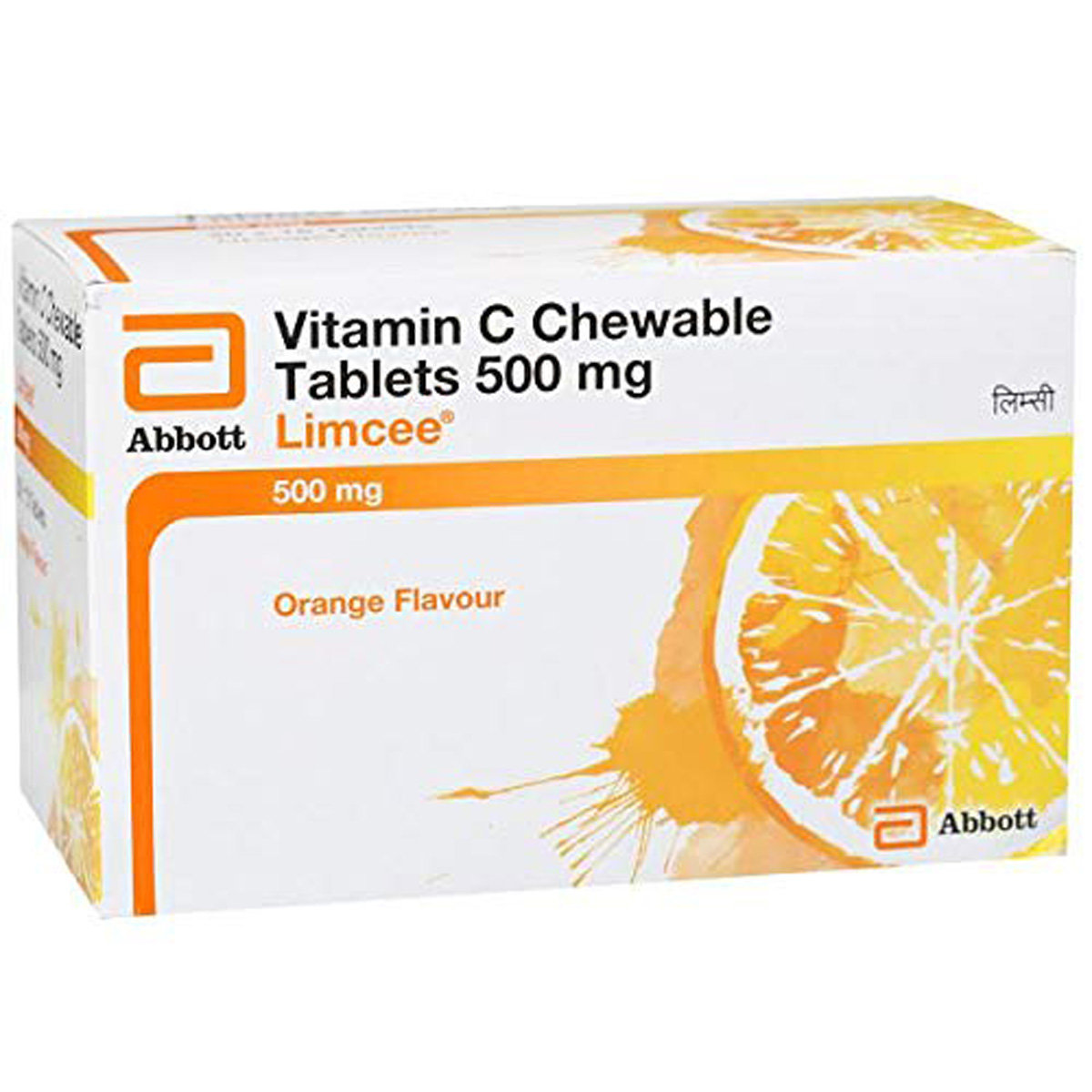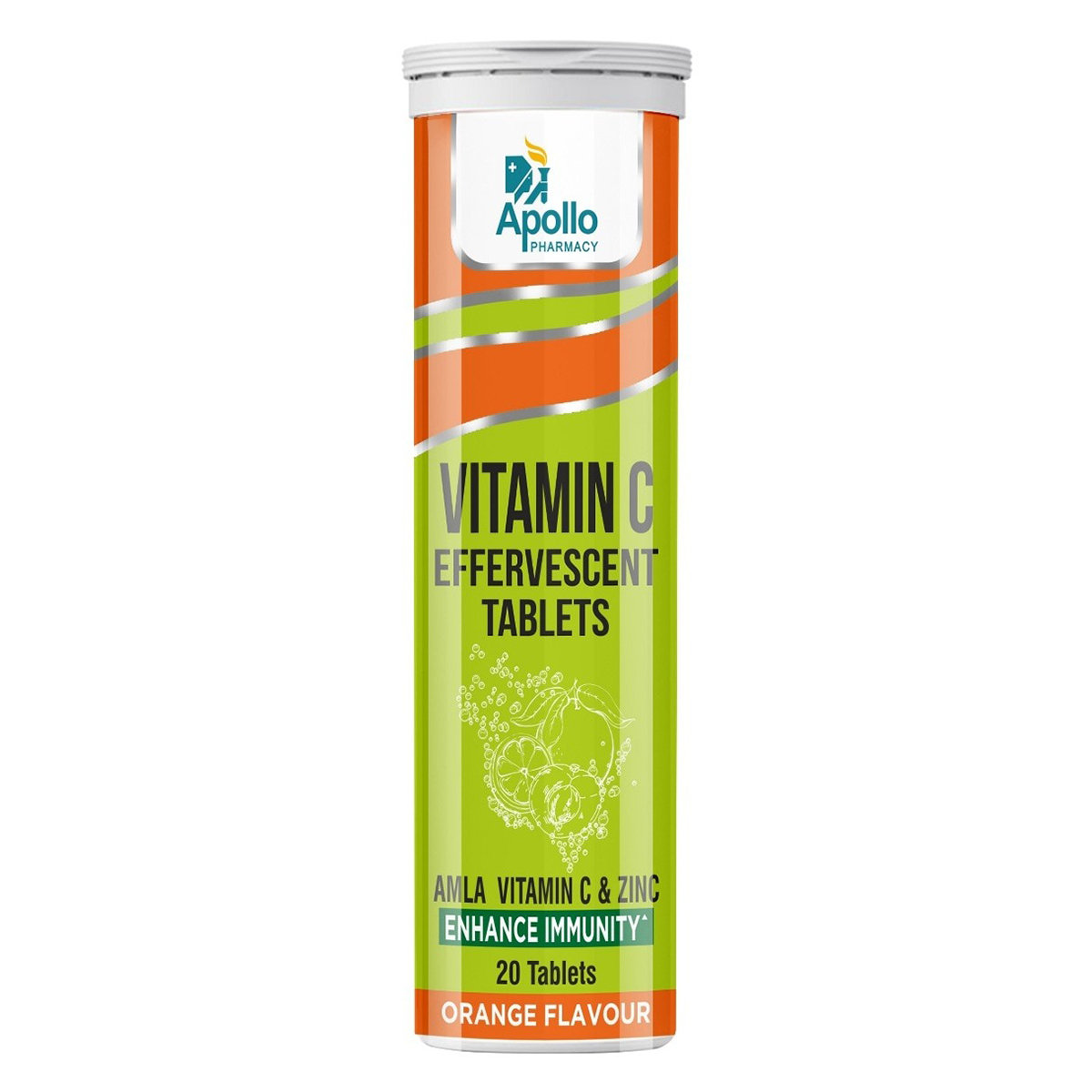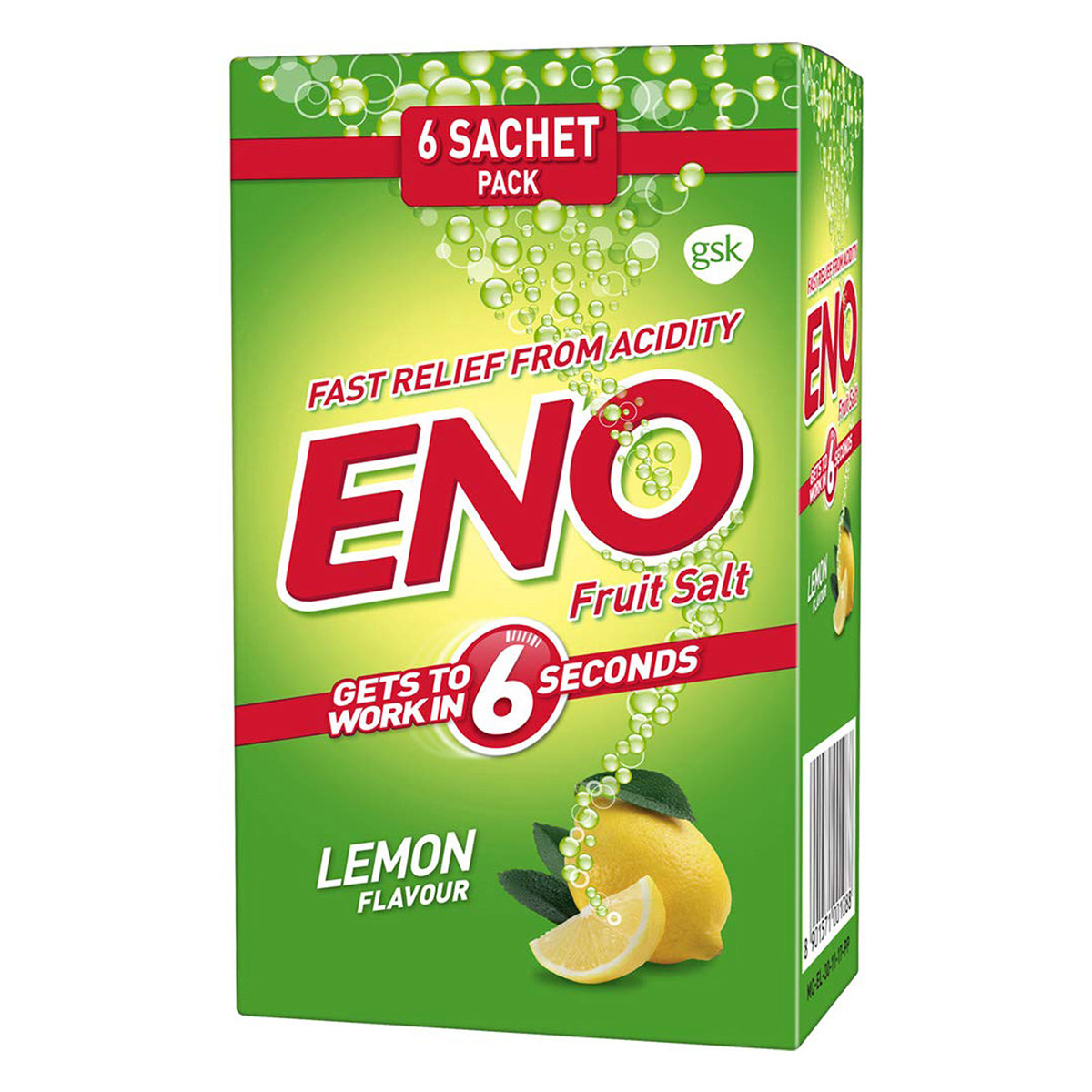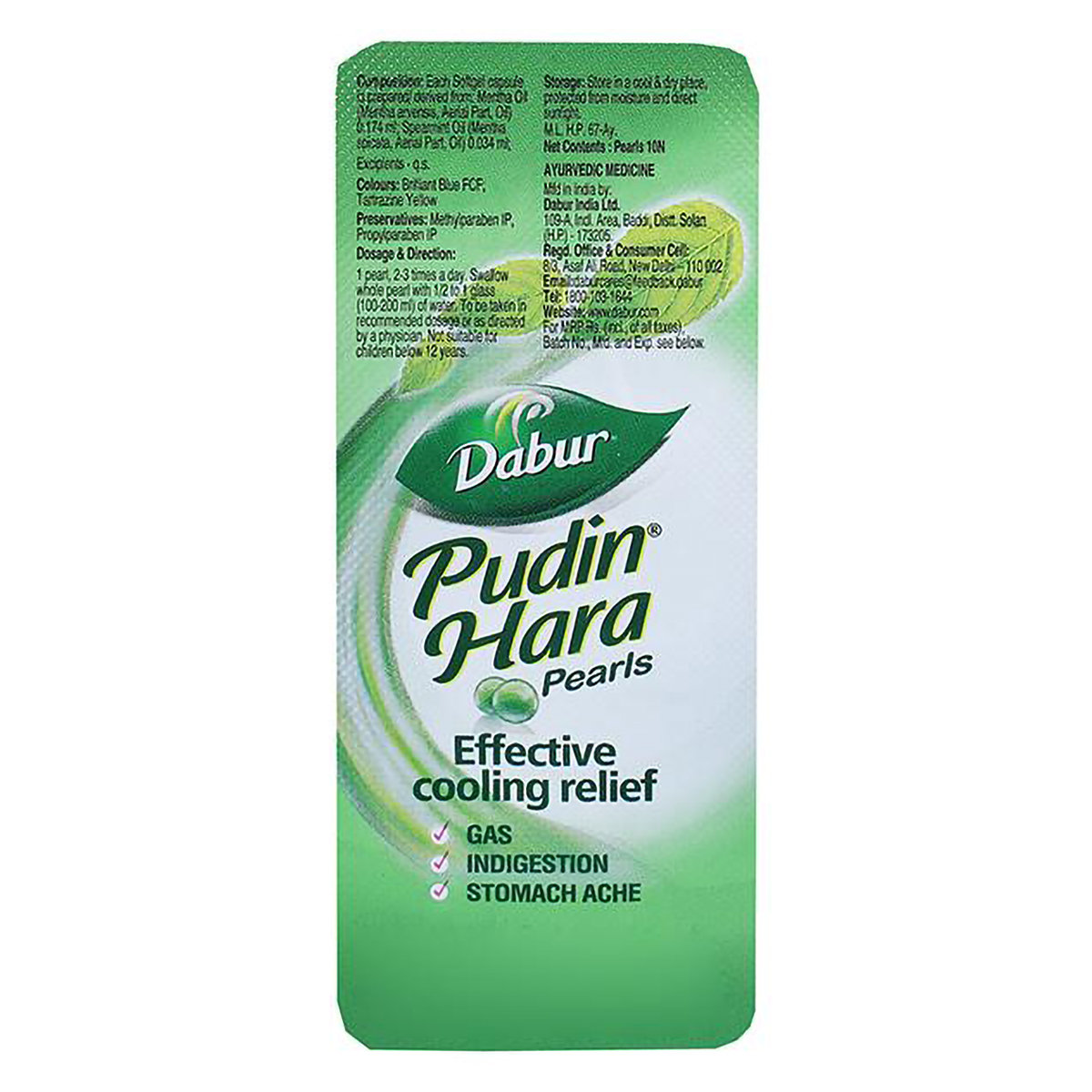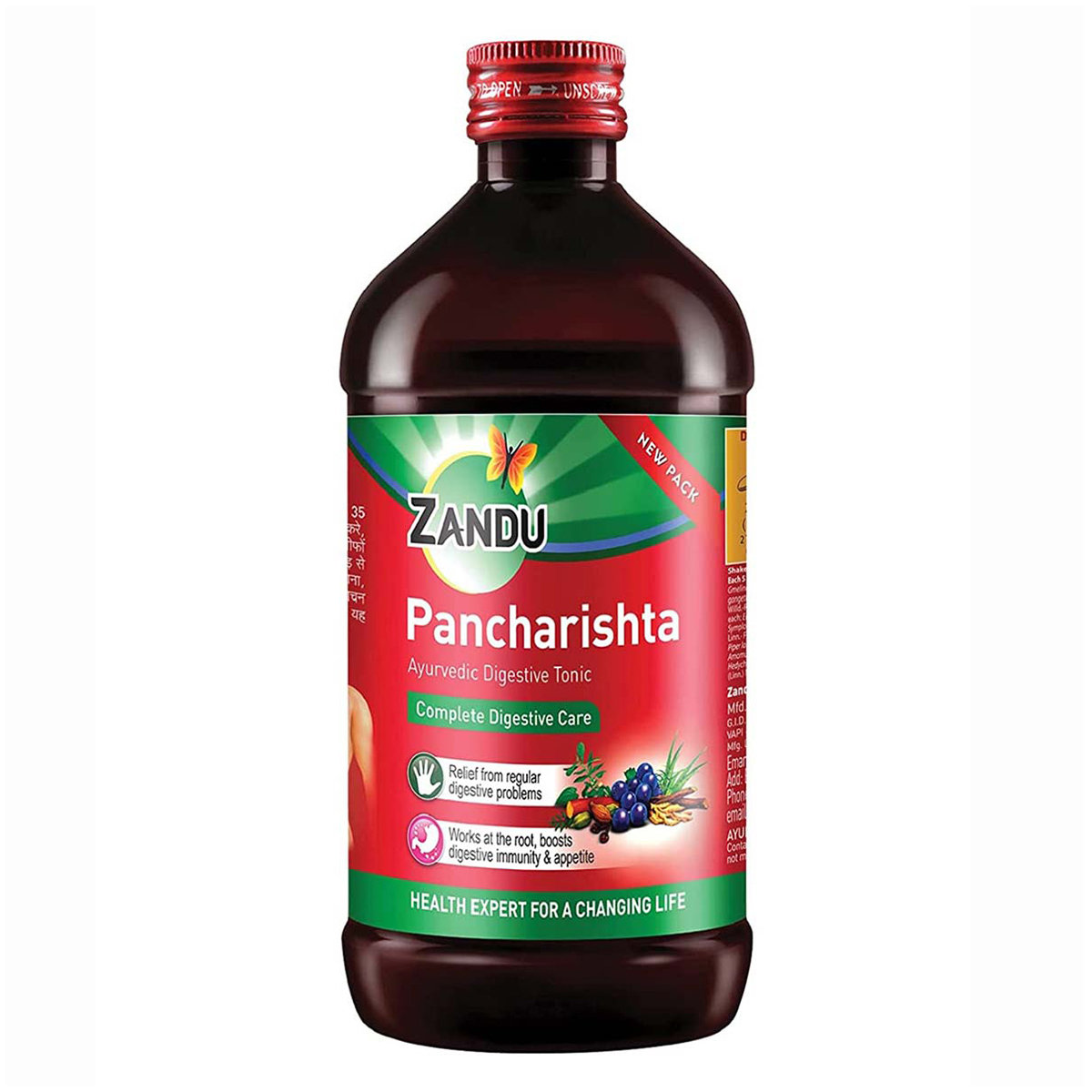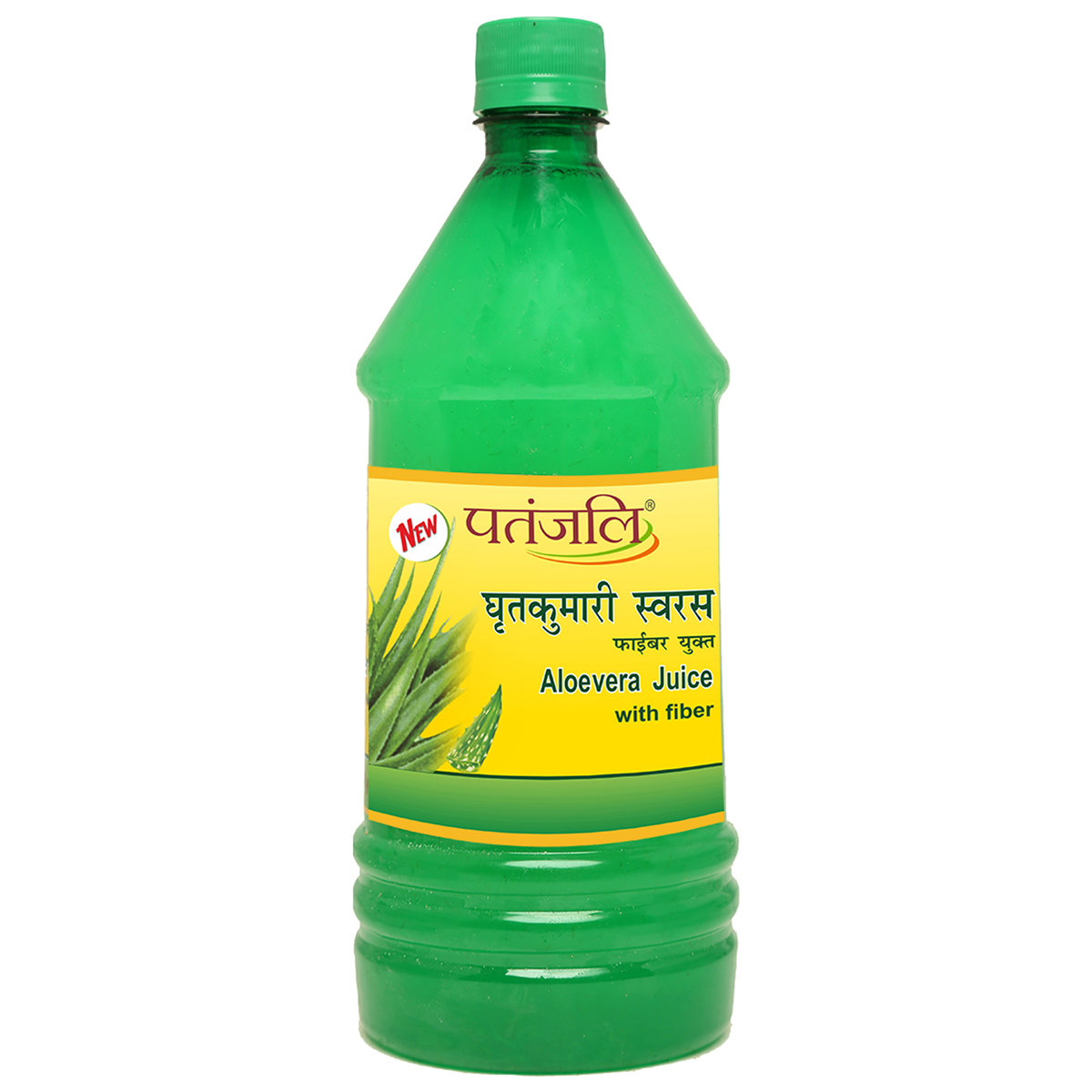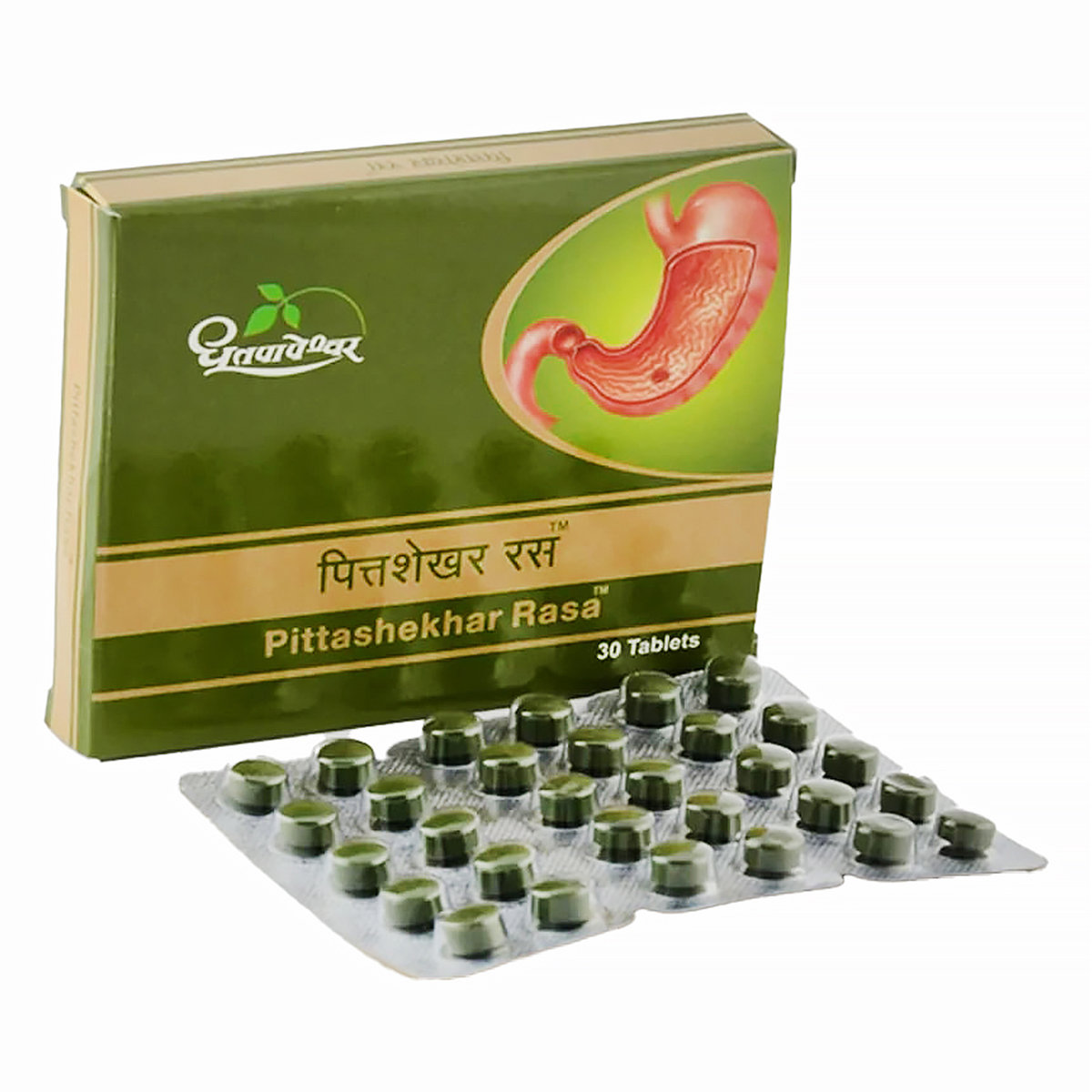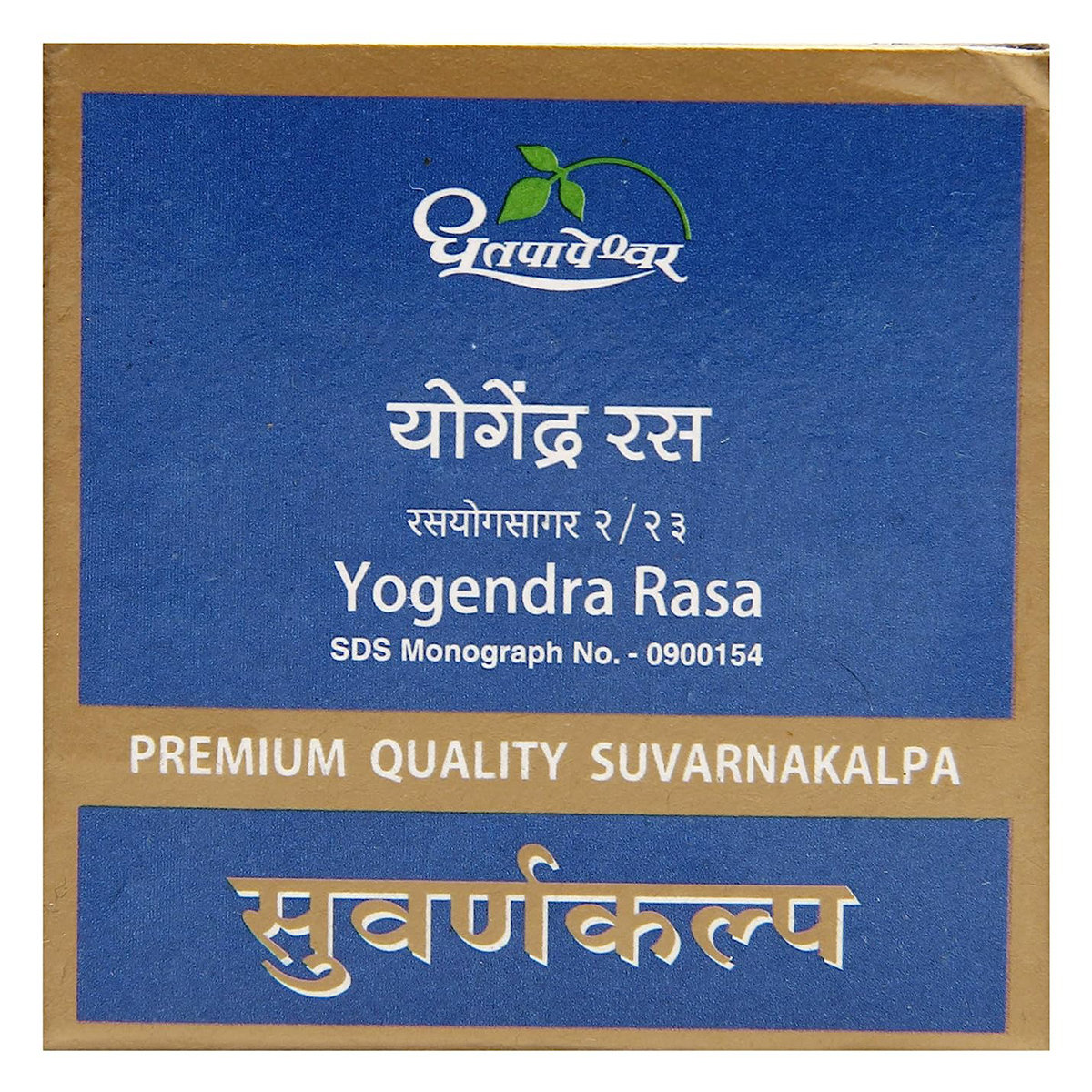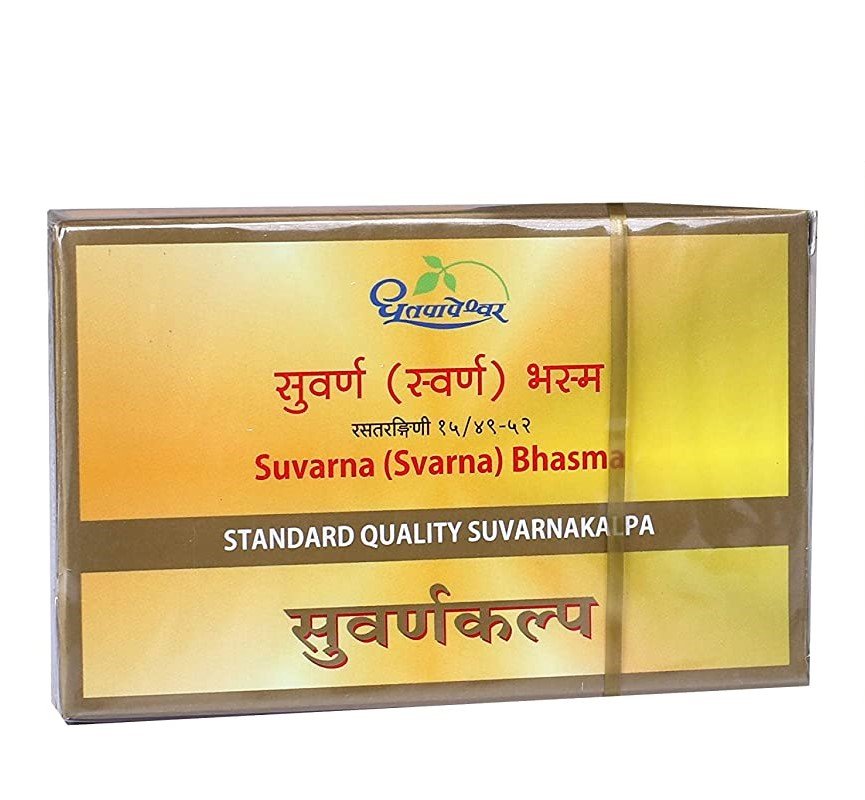Piclin Solution
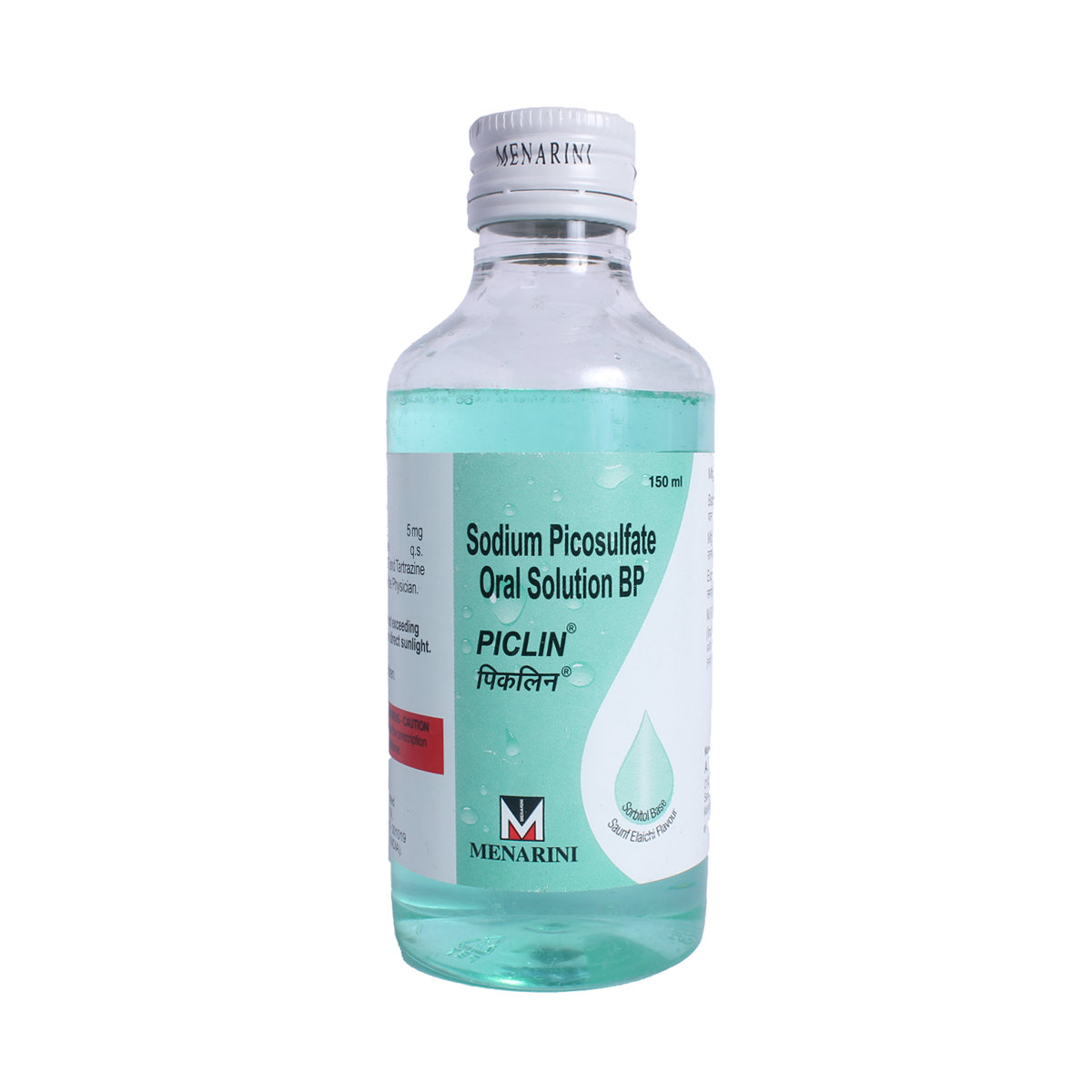
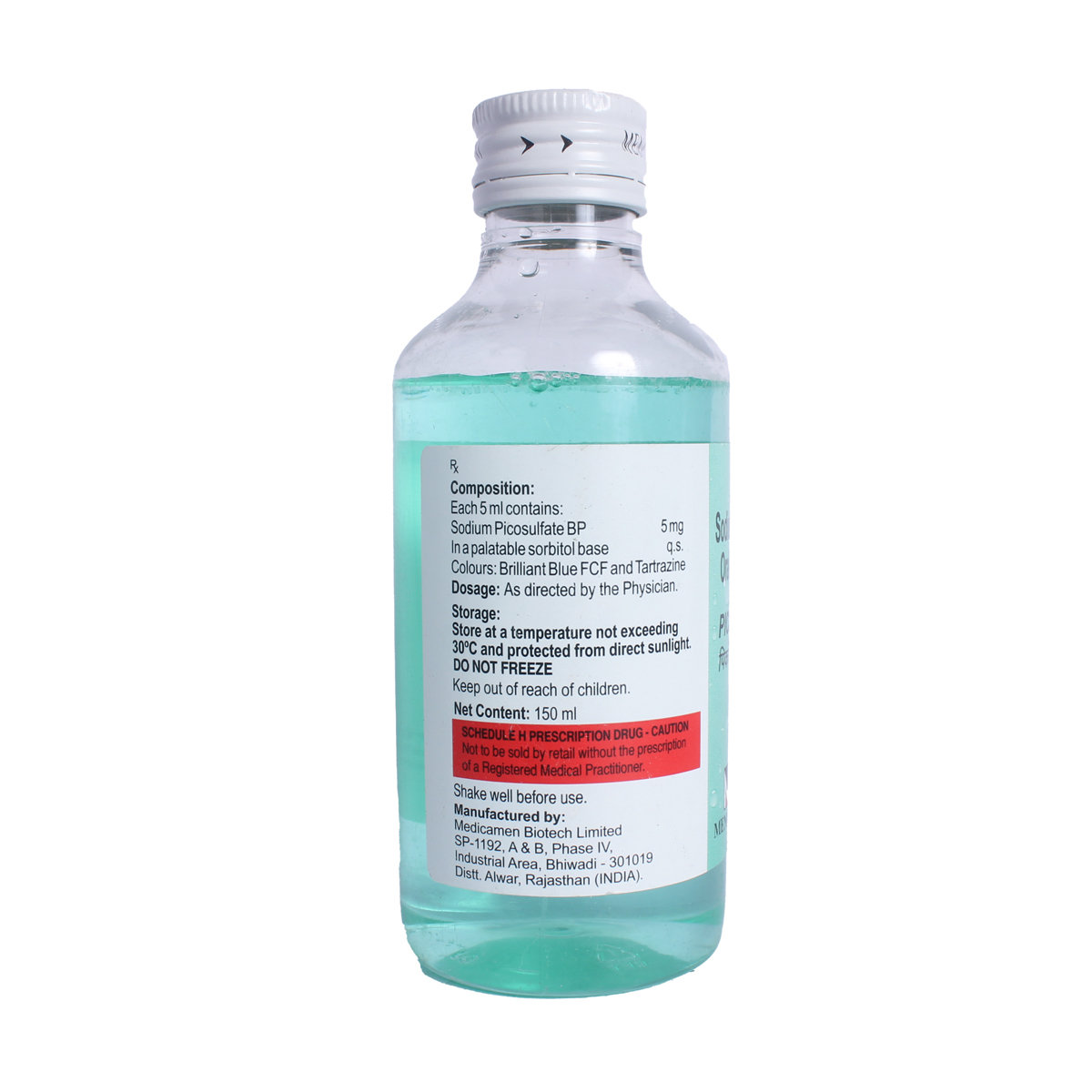
MRP ₹224.5
(Inclusive of all Taxes)
₹33.7 Cashback (15%)
know your delivery time
Provide Delivery Location
Composition :
Manufacturer/Marketer :
Consume Type :
Expires on or after :
Return Policy :
Selected Pack Size:150 ml
150 ml ₹202.1
(₹1.35 per ml)
In Stock
100 ml ₹202.1
(₹2.02 per ml)
In Stock

Secure Payment

Trusted by 8 Crore Indians

Genuine Products
Therapeutic Class
Country of origin
Manufacturer/Marketer address
Author Details
We provide you with authentic, trustworthy and relevant information
Disclaimer
Alcohol
Safe if prescribed
It is not known if alcohol interacts with Piclin Solution . Please consult your doctor if you have any concerns regarding this.
Pregnancy
Consult your doctor
Please consult your doctor if you are pregnant; your doctor will prescribe it only if the benefits outweigh the risks.
Breast Feeding
Consult your doctor
Consult your doctor if you are breastfeeding. Your doctor will decide if it can be taken by breastfeeding mothers or not.
Driving
Safe if prescribed
Piclin Solution is unlikely to affect your ability to drive. However, drive only if you are alert.
Liver
Consult your doctor
Please consult your doctor if you have liver impairment/liver disease.
Kidney
Consult your doctor
Please consult your doctor if you have kidney impairment/kidney disease.
Children
Safe if prescribed
Piclin Solution should be given to children only if advised by the doctor.
About Piclin Solution
Piclin Solution belongs to the group of medicines called stimulant laxatives used to treat short-term, occasional constipation. Constipation refers to infrequent bowel movements in which the stools are often dry, painful and hard to pass. Symptoms include incomplete bowel movements, dry, hard stools, which are difficult to pass.
Piclin Solution contains ‘sodium picosulphate’, which stimulates mucosa in the large intestine and encourages the muscles in the bowel to move waste easily; this increases bowel motility. Thereby, Piclin Solution helps in providing relief from constipation. Piclin Solution may also be used to clear the bowel before medical examinations such as colonoscopy or surgery.
Take Piclin Solution as prescribed. In some cases, Piclin Solution may cause common side effects, such as diarrhoea, abdominal pain/cramps, and abdominal discomfort. Most of these side effects do not require medical attention and will resolve gradually over time. However, you are advised to talk to your doctor if you experience these side effects persistently.
Consult your doctor before taking Piclin Solution if you are pregnant or breastfeeding. Do not take Piclin Solution for more than a week as it might cause dependency on Piclin Solution for a bowel movement. Drink plenty of fluids whilst taking Piclin Solution to prevent dehydration. Piclin Solution should be given to children only if prescribed by the doctor.
Uses of Piclin Solution
Medicinal Benefits Mweb
Key Benefits
Piclin Solution belongs to the group of medicines called stimulant laxatives used to treat short-term, occasional constipation. Piclin Solution may also be used to clear the bowel before medical examinations such as colonoscopy or surgery. Piclin Solution stimulates mucosa in the large intestine and encourages the muscles in the bowel to move waste easily; this increases bowel motility. Thereby, Piclin Solution helps in providing relief from constipation.
Directions for Use
Side Effects of Piclin Solution
- Abdominal pain/cramps
- Diarrhoea
- Abdominal discomfort
Drug Warnings
Do not take Piclin Solution if you are allergic to any of its components; if you have severe dehydration, intestinal blockage, appendicitis, blocked bowel, inflammation of the intestines or severe abdominal pain with vomiting, nausea, and/or fever. Do not take Piclin Solution for more than a week as it might cause dependency on Piclin Solution for a bowel movement; talk to your doctor if constipation lasts for more than a week. Consult your doctor if you are pregnant or breastfeeding.
Drug-Drug Interactions
Drug-Drug Interactions
Login/Sign Up
Drug-Food Interactions
Drug-Food Interactions
Login/Sign Up
Drug-Diseases Interactions
Drug-Diseases Interactions
Login/Sign Up
Drug-Drug Interactions Checker List
- FUROSEMIDE
- BENDROFLUMETHIAZIDE
- PREDNISOLONE
Habit Forming
Diet & Lifestyle Advise
- Try maintaining a balanced diet that includes fresh fruits and vegetables.
- Stay hydrated, drink enough water and fluids.
- Exercise regularly, and stay fit.
- Get enough sleep.
- Try making time to empty your bowels whenever the body tells you to.
- Eat food rich in fibre such as whole-wheat bread, oatmeal, flaxseed, nuts, beans, lentils, fruits (berries, apples, oranges, bananas, pears, figs) and vegetables (broccoli, spinach, sweet potatoes, avocados).
Buy best Gastro Enterology products by
Abbott India Ltd
Sun Pharmaceutical Industries Ltd
Alkem Laboratories Ltd
Cipla Ltd
Torrent Pharmaceuticals Ltd
Intas Pharmaceuticals Ltd
Mankind Pharma Pvt Ltd
Lupin Ltd
Dr Reddy's Laboratories Ltd
Aristo Pharmaceuticals Pvt Ltd
Alembic Pharmaceuticals Ltd
Wallace Pharmaceuticals Pvt Ltd
La Renon Healthcare Pvt Ltd
Leeford Healthcare Ltd
Macleods Pharmaceuticals Ltd
J B Chemicals & Pharmaceuticals Ltd
Zydus Healthcare Ltd
Micro Labs Ltd
Zydus Cadila
Fourrts India Laboratories Pvt Ltd
Morepen Laboratories Ltd
Zuventus Healthcare Ltd
FDC Ltd
Eris Life Sciences Ltd
Cadila Pharmaceuticals Ltd
Medishri Healthcare Pvt Ltd
Alniche Life Sciences Pvt Ltd
Medley Pharmaceuticals Ltd
Tas Med India Pvt Ltd
Signova Pharma
Tablets India Ltd
Elder Pharmaceuticals Ltd
Wockhardt Ltd
Emcure Pharmaceuticals Ltd
Sanatra Healthcare Ltd
Glenmark Pharmaceuticals Ltd
Blue Cross Laboratories Pvt Ltd
East West Pharma India Pvt Ltd
Hetero Drugs Ltd
Indoco Remedies Ltd
Vasu Organics Pvt Ltd
Biological E Ltd
Primus Remedies Pvt Ltd
Akumentis Healthcare Ltd
Corona Remedies Pvt Ltd
Pfizer Ltd
Albert David Ltd
DR Johns Lab Pharma Pvt Ltd
Ajanta Pharma Ltd
Cadila Healthcare Ltd
Ipca Laboratories Ltd
Ordain Health Care Global Pvt Ltd
Systopic Laboratories Pvt Ltd
Ozone Pharmaceuticals Ltd
Foregen Healthcare Ltd
Medgen Drugs And Laboratories Pvt Ltd
Panacea Biotec Ltd
Samarth Life Sciences Pvt Ltd
Shine Pharmaceuticals Ltd
Adonis Laboratories Pvt Ltd
Dey's Medical Stores (Mfg) Ltd
Eskag Pharma Pvt Ltd
Hetero Healthcare Pvt Ltd
Indchemie Health Specialities Pvt Ltd
Meyer Organics Pvt Ltd
RPG Life Sciences Ltd
Troikaa Pharmaceuticals Ltd
Biochem Pharmaceutical Industries Ltd
Shreya Life Sciences Pvt Ltd
Sinsan Pharmaceuticals Pvt Ltd
3M India Ltd
Chemo Healthcare Pvt Ltd
Levin Life Sciences Pvt Ltd
Meridian Enterprises Pvt Ltd
Overseas Health Care Pvt Ltd
Saf Fermion Ltd
Sanzyme Pvt Ltd
Steris Healthcare
USV Pvt Ltd
Seagull Pharmaceutical Pvt Ltd
Votary Laboratories (India) Ltd
Win Medicare Ltd
Yuventis Pharmaceuticals
Aar Ess Remedies Pvt Ltd
Caplet India Pvt Ltd
Piramal Enterprises Ltd
Sanofi India Ltd
Cnx Health Care Pvt Ltd
Galpha Laboratories Ltd
Intra Labs India Pvt Ltd
Kinesis Pharmaceuticals Pvt Ltd
Msn Laboratories Pvt Ltd
Olcare Laboratories Pvt Ltd
Rapross Pharmaceuticals Pvt Ltd
Ronyd Healthcare Pvt Ltd
Saffron Therapeutics Pvt Ltd
Solariz Healthcare Pvt Ltd
Syndicate Life Sciences Pvt Ltd
Aurz Pharmaceutical Pvt Ltd
Biophar Lifesciences Pvt Ltd
Frequently Bought Together
Customers Also Bought

_0.jpg?tr=q-85)



